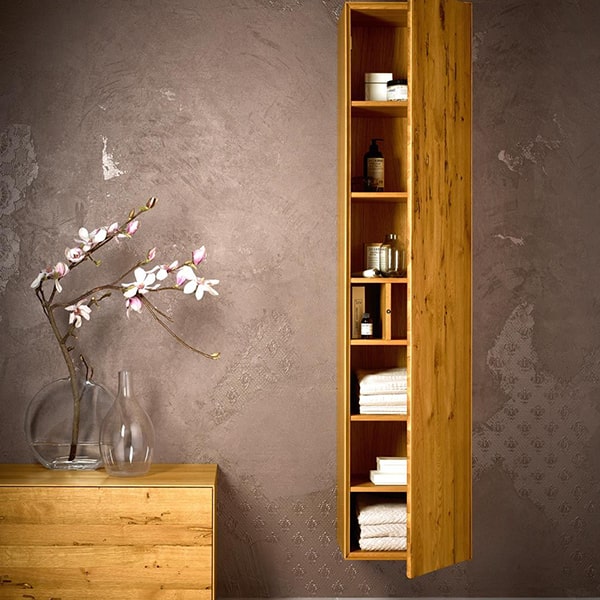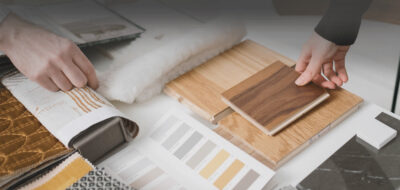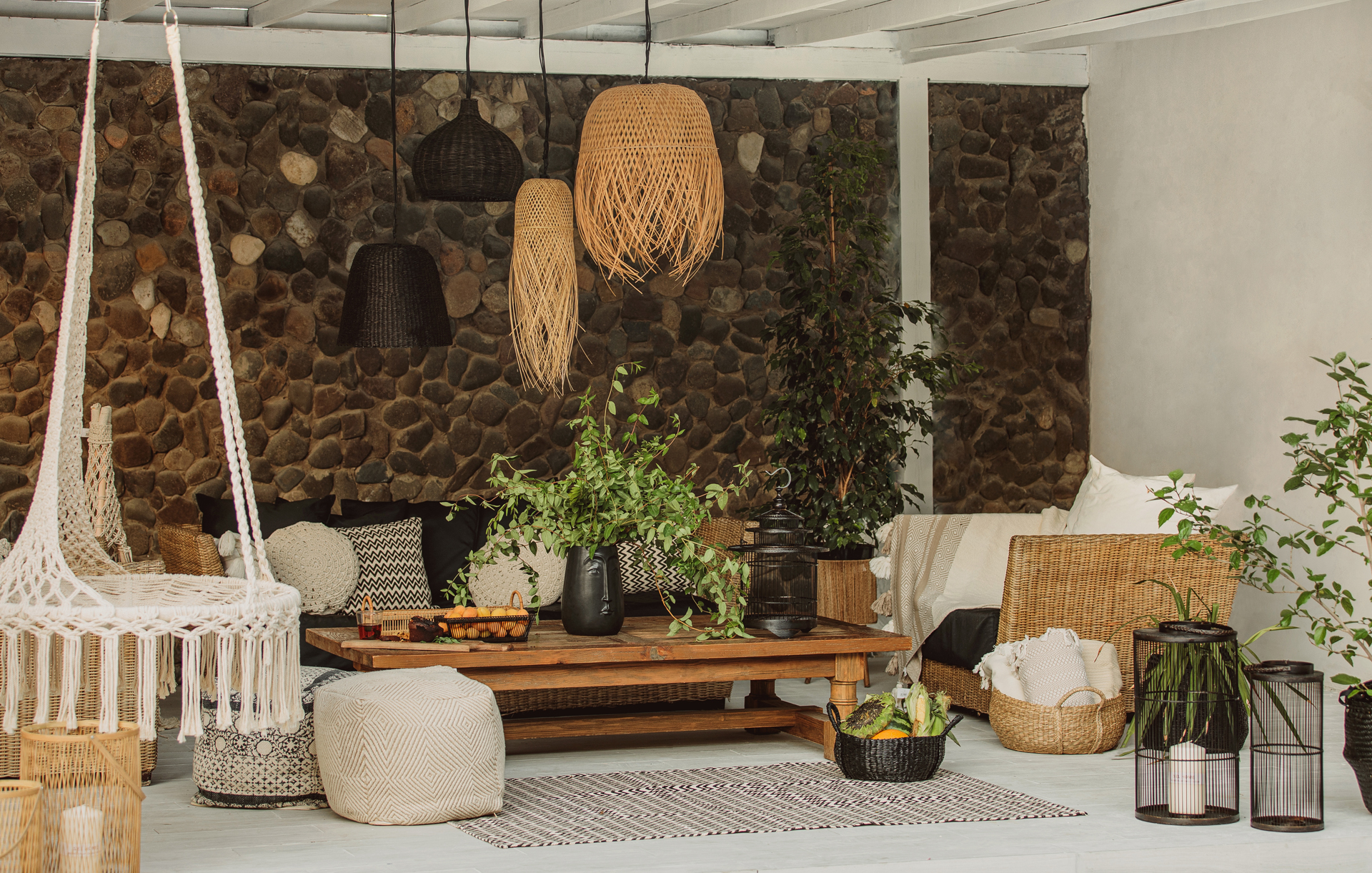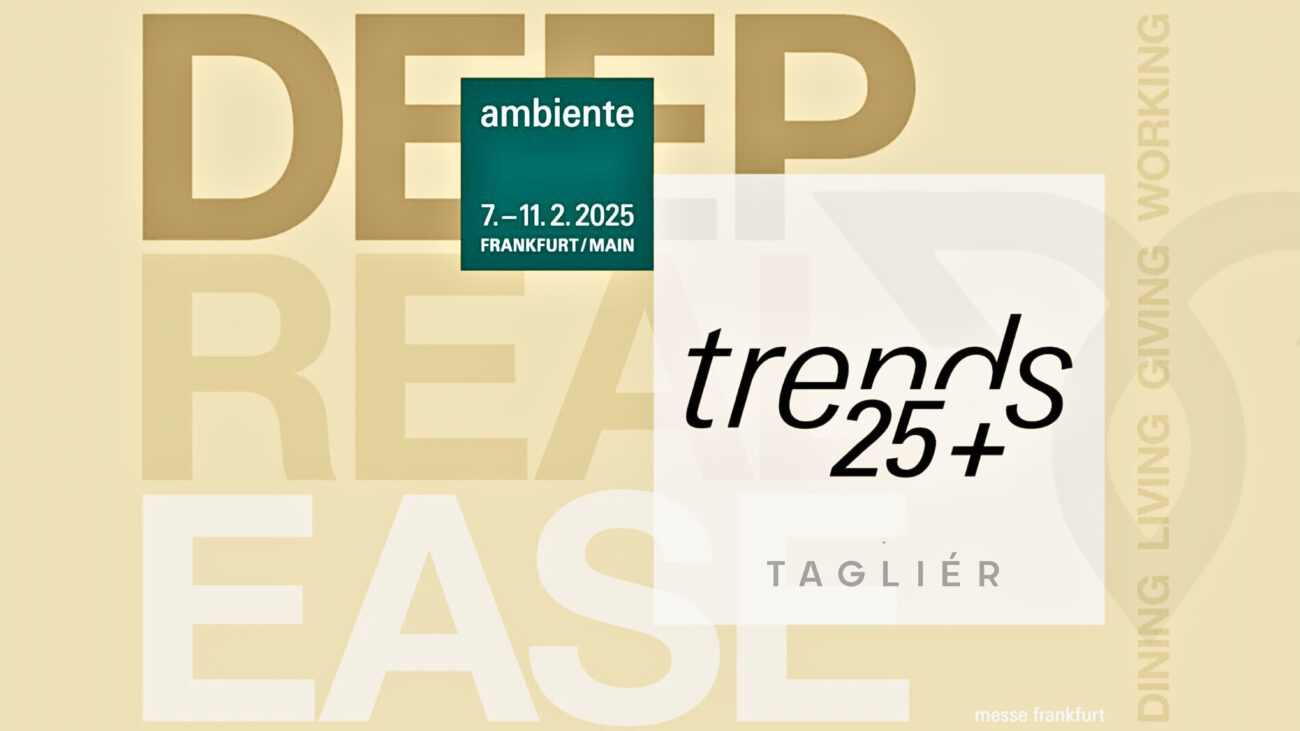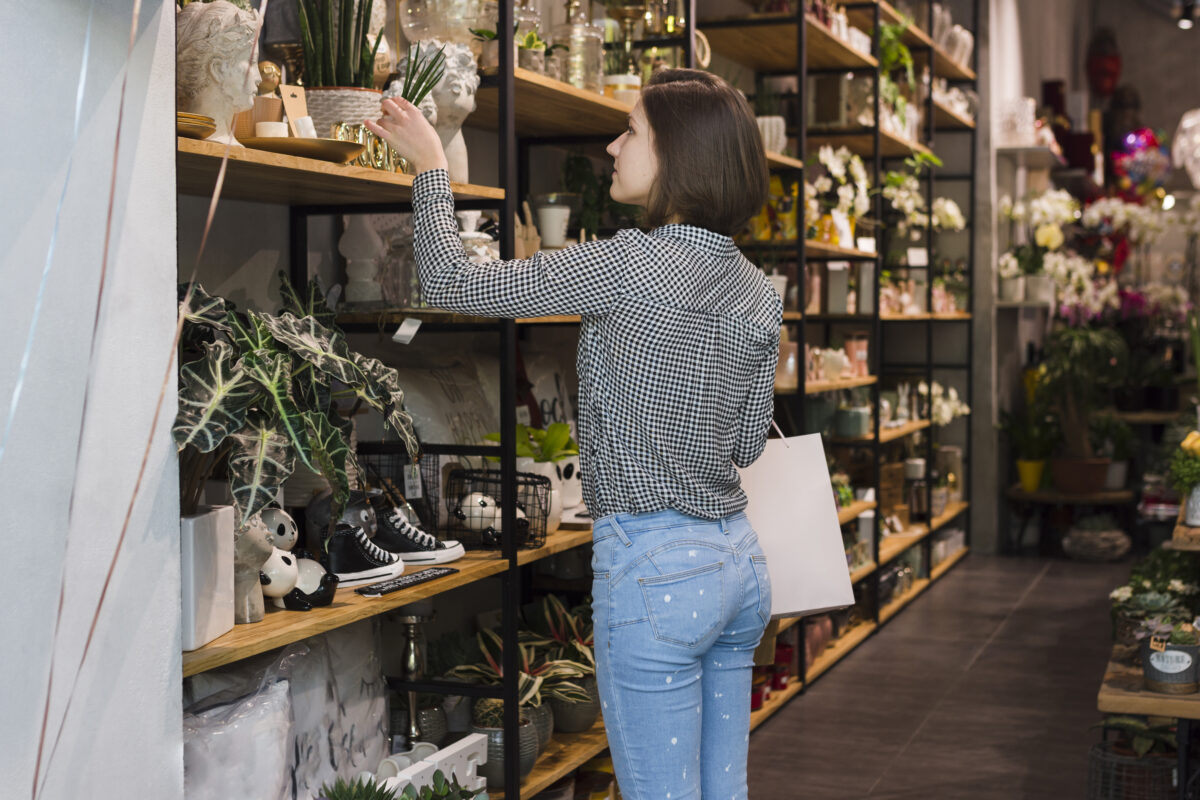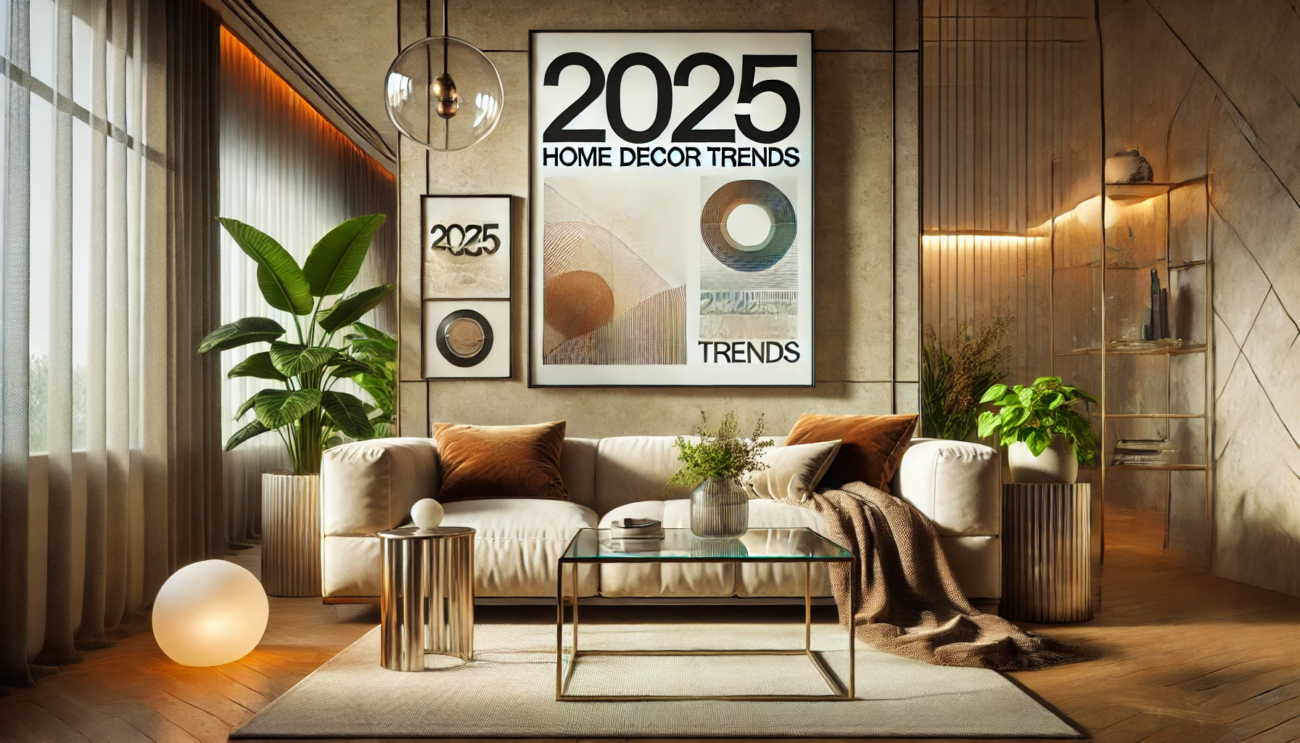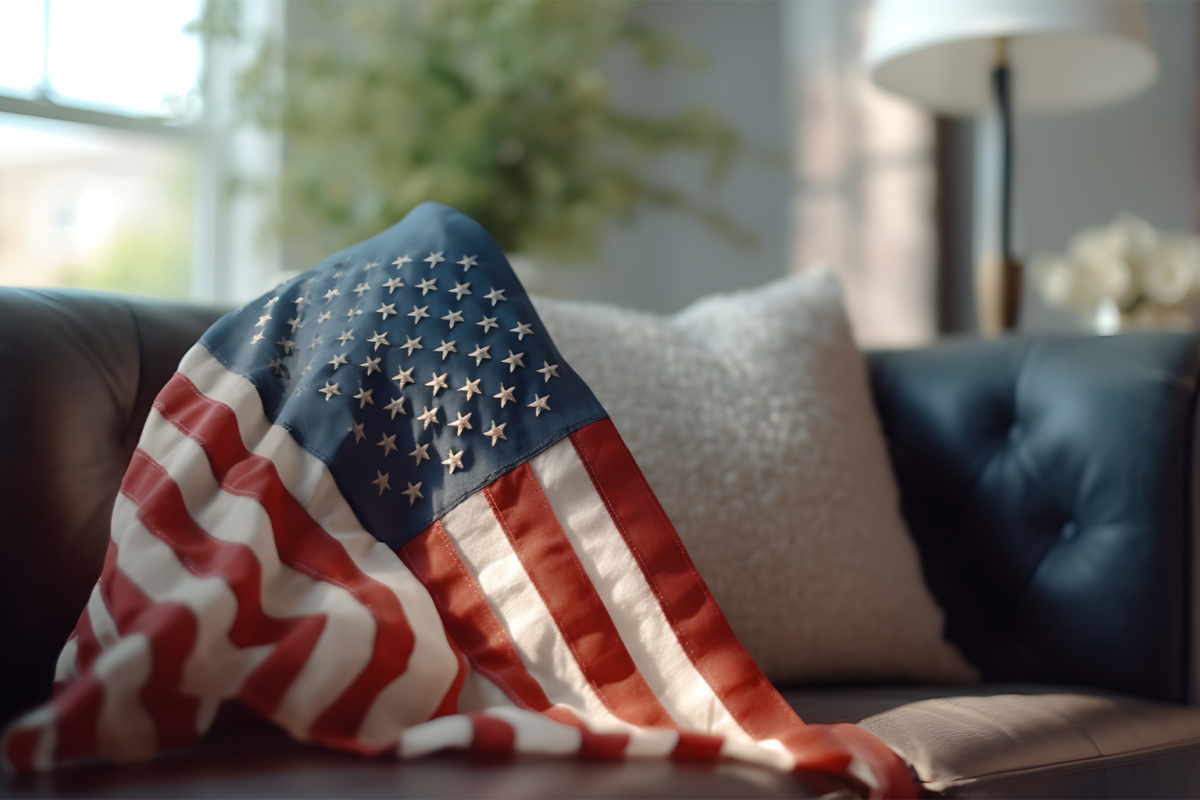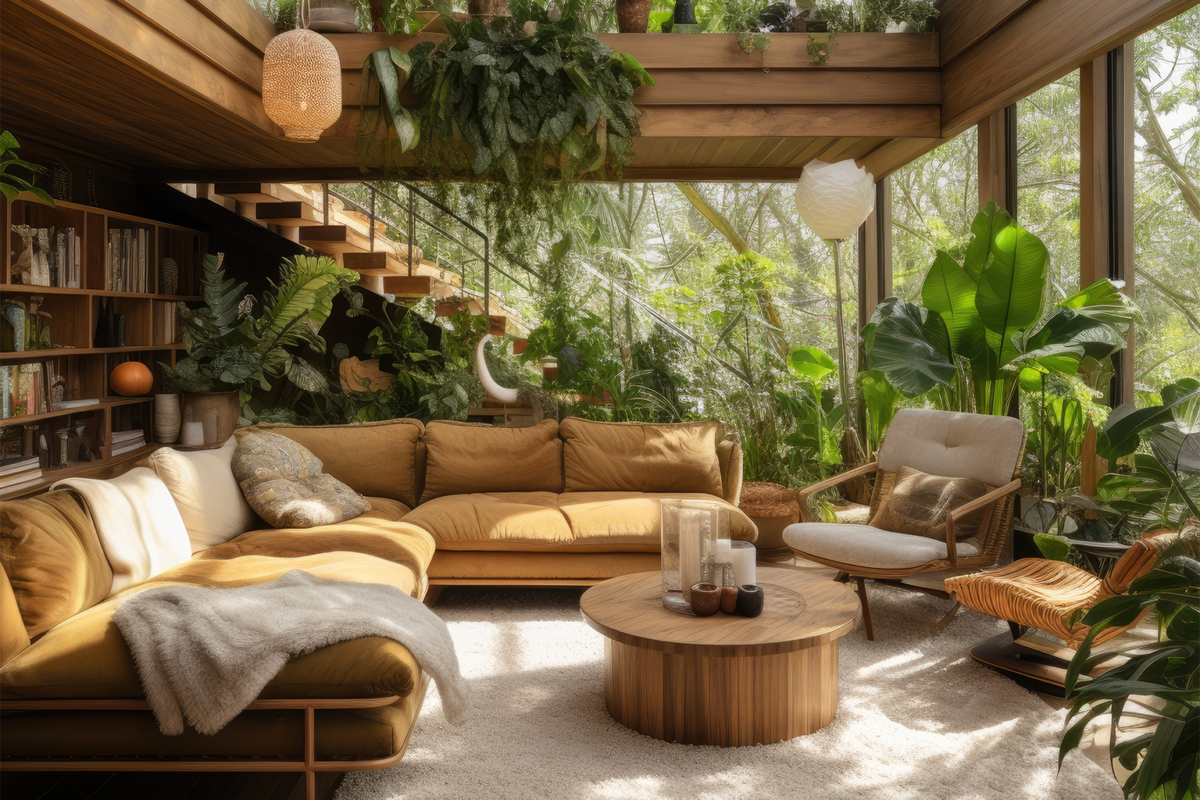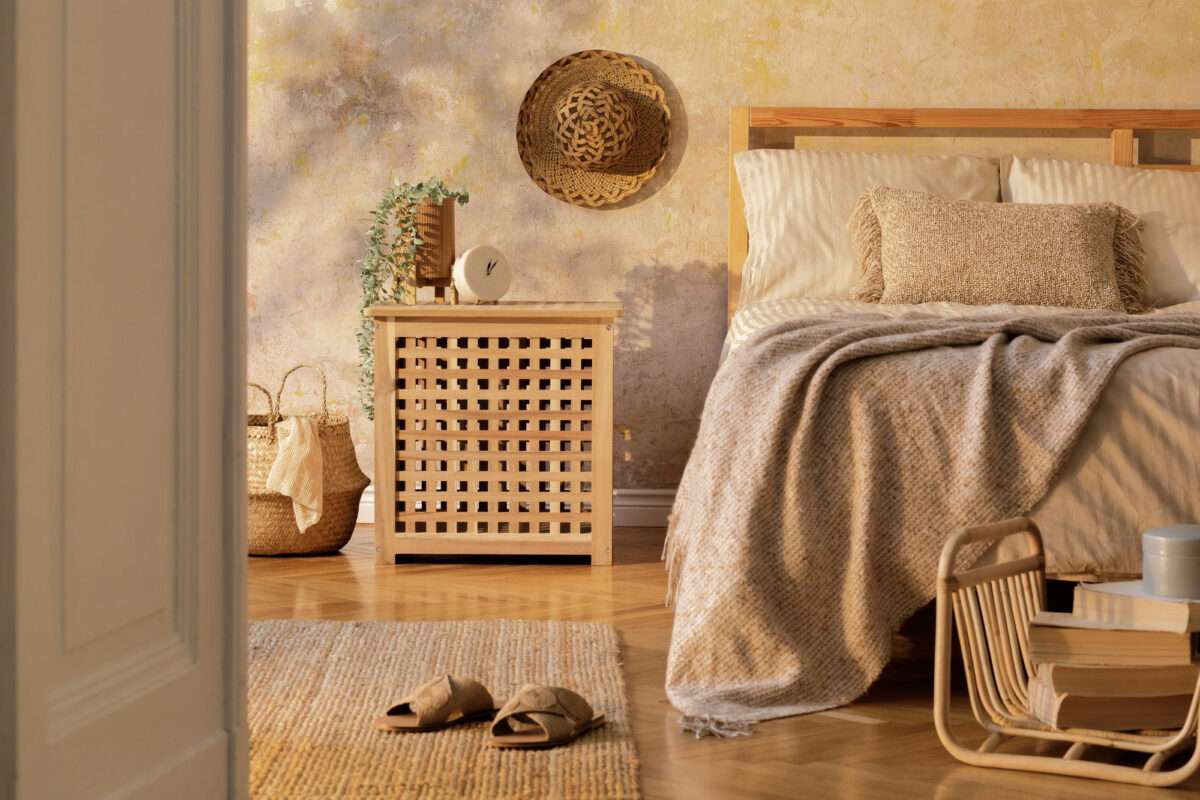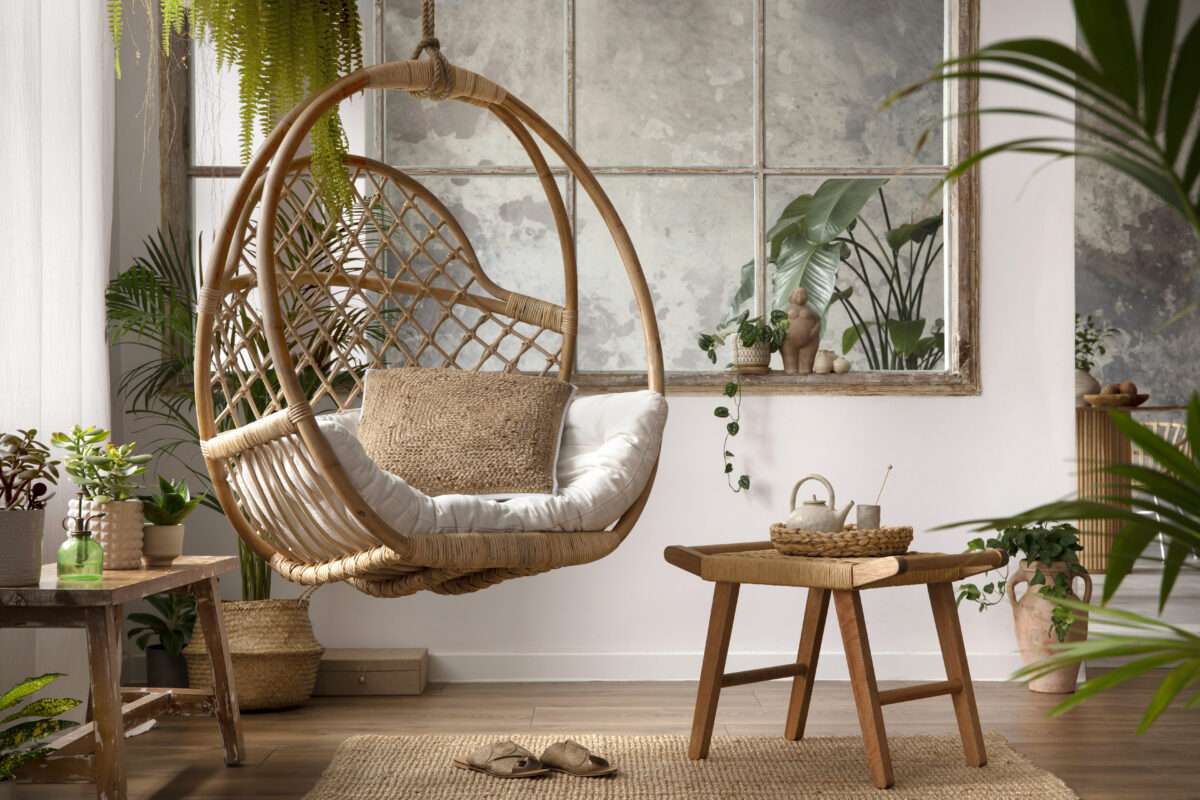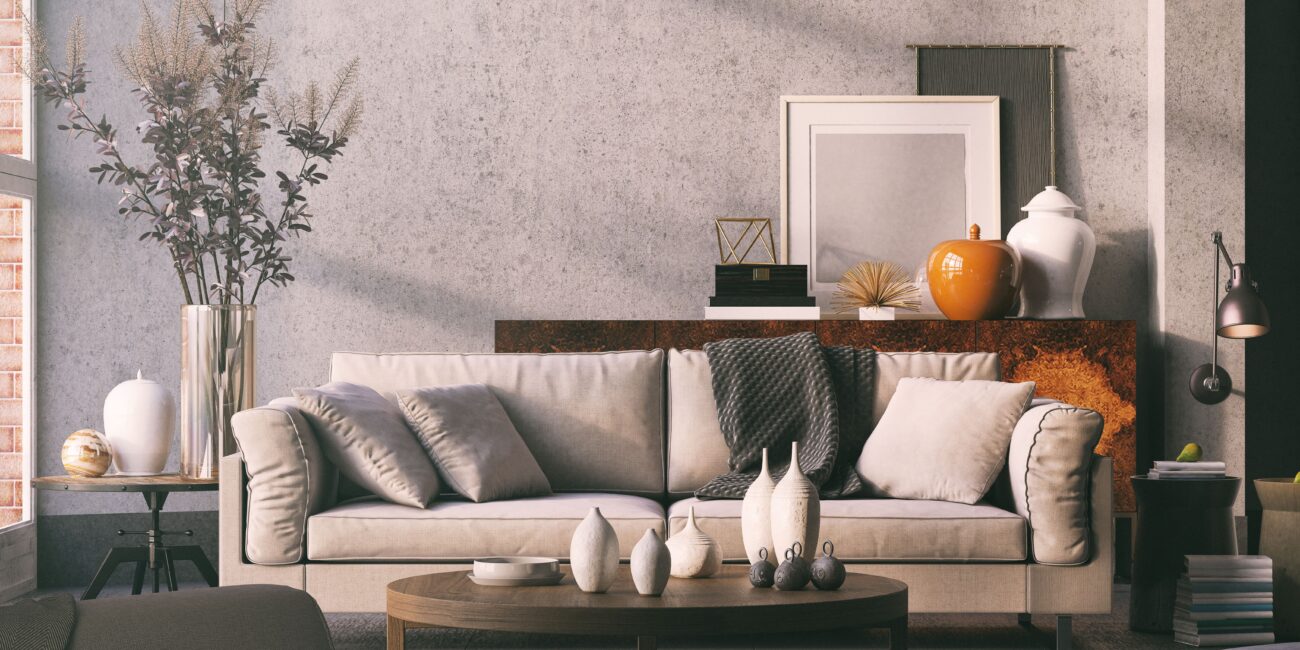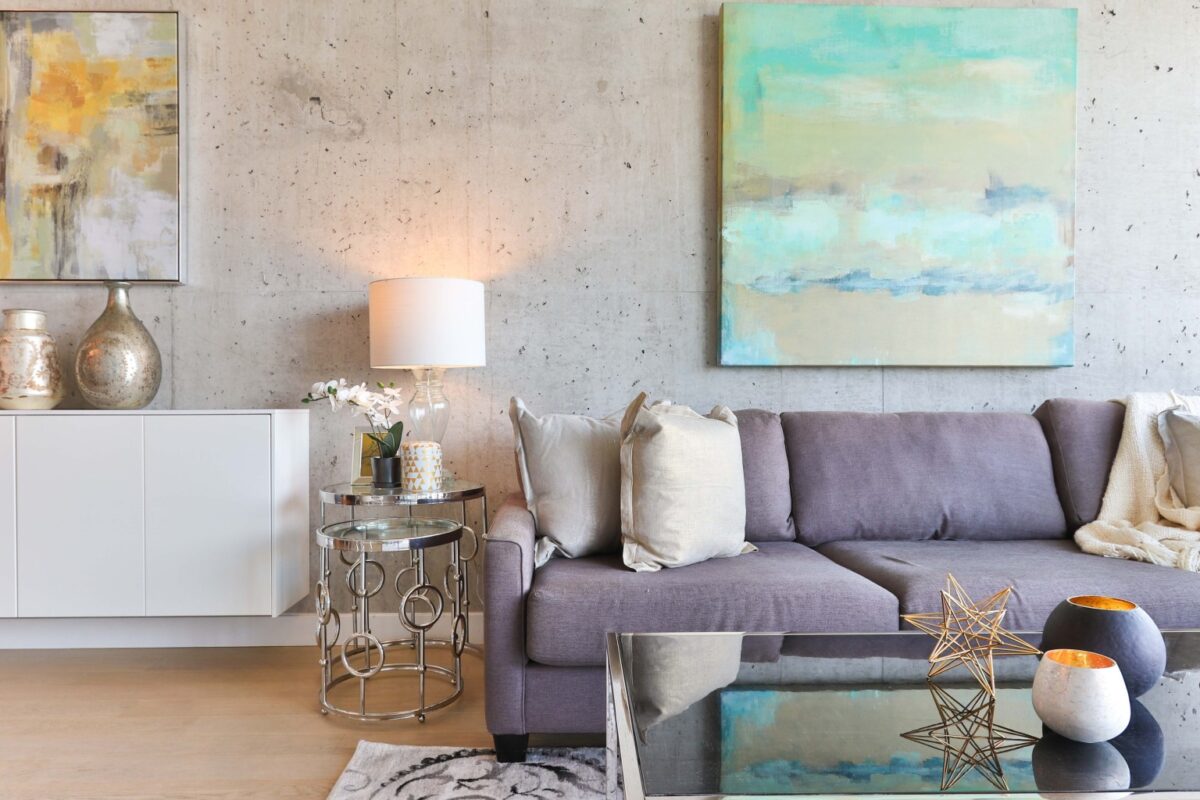Sustainable B2B Home Decor
In today’s global B2B home decor market, sustainability is no longer optional, but essential. As environmental issues like global warming, climate change, and natural disasters become more prevalent, sustainability trends are shaping consumers’ lifestyles. After the COVID-19 pandemic, consumers are increasingly aware of the importance of purchasing responsibly designed and produced home decor products that create a healthy, natural, and resource-efficient environment. Home decor manufacturers and wholesalers need to fulfill this demand by developing sustainable products.
3 Pillars Of Sustainable B2B Home Decor
The 2022 World Sustainable Development Summit Business has projected sustainability as integrating social, environmental, and economic factors, and it is essential to keep these in mind when developing a sustainable home decor brand. The three pillars of sustainability include people, planet, and profit.
1. People – The Social Pillar
The social pillar of sustainability is integral to the success of any global brand, as it pertains to the well-being and satisfaction of all parties involved in the business cycle. This includes artisans, employees, stakeholders, consumers, and other essential individuals who contribute significantly to the company’s operations. In order to establish a socially sustainable B2B home decor enterprise, it is imperative for owners to implement ethical practices that prevent any form of exploitation, such as prohibiting child labor and offering fair wages, safety, security, and medical benefits to all employees and artisans. By prioritizing social sustainability, brands can enhance its reputation, build long-term relationships with its stakeholders, and foster a positive impact on society.
2. Planet – The Environmental Pillar
For home decor manufacturers, specializing in sustainable home decor and prioritizing the use of eco-friendly, recyclable, and natural materials in both product design and manufacturing is crucial. Implementing green packaging, reducing plastic waste, and minimizing energy consumption through the use of renewable resources are also essential initiatives that can have a substantial impact on the wholesale home decor company‘s brand image. As end consumers increasingly prioritize environmentally conscious choices, it is essential for brands, retailers and importers to focus on sustainability in all aspects of the business that can drive long-term success and growth.
3. Profit – The Economic Pillar
Being an economically sustainable B2B home decor business refers to implementing business strategies that encourage the best possible use of socio-economic resources. The sustainable B2B decor business model should advocate the responsible and efficient application of resources that delivers long-term profitability and benefits. A prosperous and profitable business will continue to function year after year, creating durable stability for the company and its employees.
Sustainable Business Practices For B2B Home Decor Companies
It’s 2023, and some of the following business practices can establish your home decor brand as a sustainable business:
Use of Eco-Friendly Materials
One of the most crucial steps towards establishing a sustainable home decor business is incorporating eco-friendly materials in the design and production. Recently, there has been a global rise in aesthetically appealing and premium-quality sustainable materials for home decor products. Several alternative material options like bamboo, recycled wood, recycled metal, bio-glass, bioplastic, and cork have gained a new life through sustainable home decor brands. Such materials serve the quality and purpose of luxury home decor, offering the end-consumers a wholesome experience.
An Emphasis on Handcrafted Products
An emphasis on handcrafted products ensures a reduced carbon footprint, unlike machine-made products, because the manufacturing procedure involves natural environment-friendly materials. Such craftsmanship also supports the livelihoods of artisan communities through local production and fair trade practices.
Use of Eco-Friendly Fabrics
A significant component of manufacturing green home decor products is naturally sourced fabrics such as rattan, banana fiber, raw cotton, sea grass, raffia fiber, linen, etc. These ethically sourced fabrics can add dynamic textures to a brand’s home decor products.
A Shift to Non-Toxic Dyes
Chemical dyes are not only harmful to the environment but also create a negative impact on human health. A shift to alternative options like azo-free and organic dyes can be a sustainable choice for home decor brands. These dyes are environment-friendly and do not consist of toxic nitrogen-based compounds. Compared to the readily available conventional dyes in the market, these synthetic chemical-based dyes are more suitable for the environment. In the international market, a proposal from the European Commission has restricted the use of azo dyes due to their unhealthy components.
Sustainable Packaging and Shipping
Sustainable packaging is another emerging trend in the B2B home decor market. Companies are embracing biodegradable and compostable materials for packaging, reducing the use of plastic, and minimizing waste. Also, minimizing the size of the package and using recycled packaging materials can contribute to environmental sustainability practices. Recycling cardboard takes 25% less energy than manufacturing a new one. Additionally, green packaging is of equally high quality in comparison with traditional packaging and safely transports the products to their shipping address.
Responsible and Recyclable Product Design
Last but not least, responsible and recyclable product design as a sustainable home decor wholesaler can take you a long way. Products designed and manufactured with natural, sustainable materials can be renewed and recycled at the end of their lifecycle to extract the raw materials for manufacturing new products. Responsible product design is both economically and environmentally sustainable, giving scope for a circular economy.
Conclusion
Based on a recent survey by Allied Market Research, the global home decor market is most likely to reach a whopping amount of $556.3 billion by 2031. Therefore, creating sustainable choices for your home decor brand is the need of the hour.
Sustainability is at the heart of Taglier, a B2B home decor company that creates innovative and exclusive products through sustainable materials and transparent practices. With a team of experienced craftsmen, we transform sustainable, unconventional, eco-friendly, high-quality materials into luxury home decor for brands and businesses around the globe. Our B2B-centric digitized platform is a one-stop solution for all your luxury wholesale home decor online. From exquisitely crafted products and B2B interior design consultancy to collocated themed inspirations, and styling assistance, we provide our clients with a complete shopping experience of B2B wholesale home decor. With a global clientele spread over the UK, USA, and the Middle East, Taglier is the ultimate platform for all your wholesale home decor procurement needs. Contact us today, and we will be pleased to deliver you the best offerings from the home decor industry.


